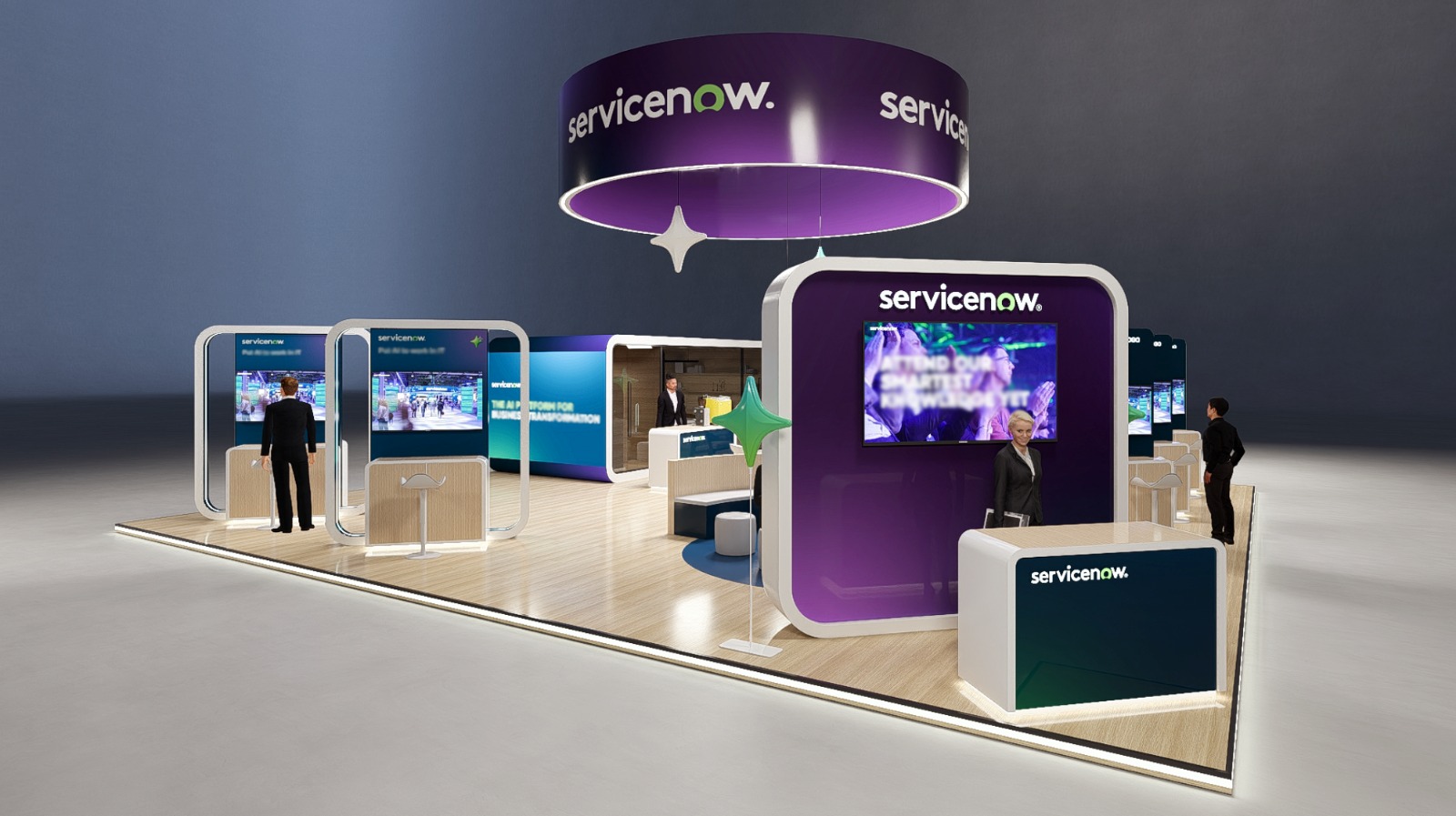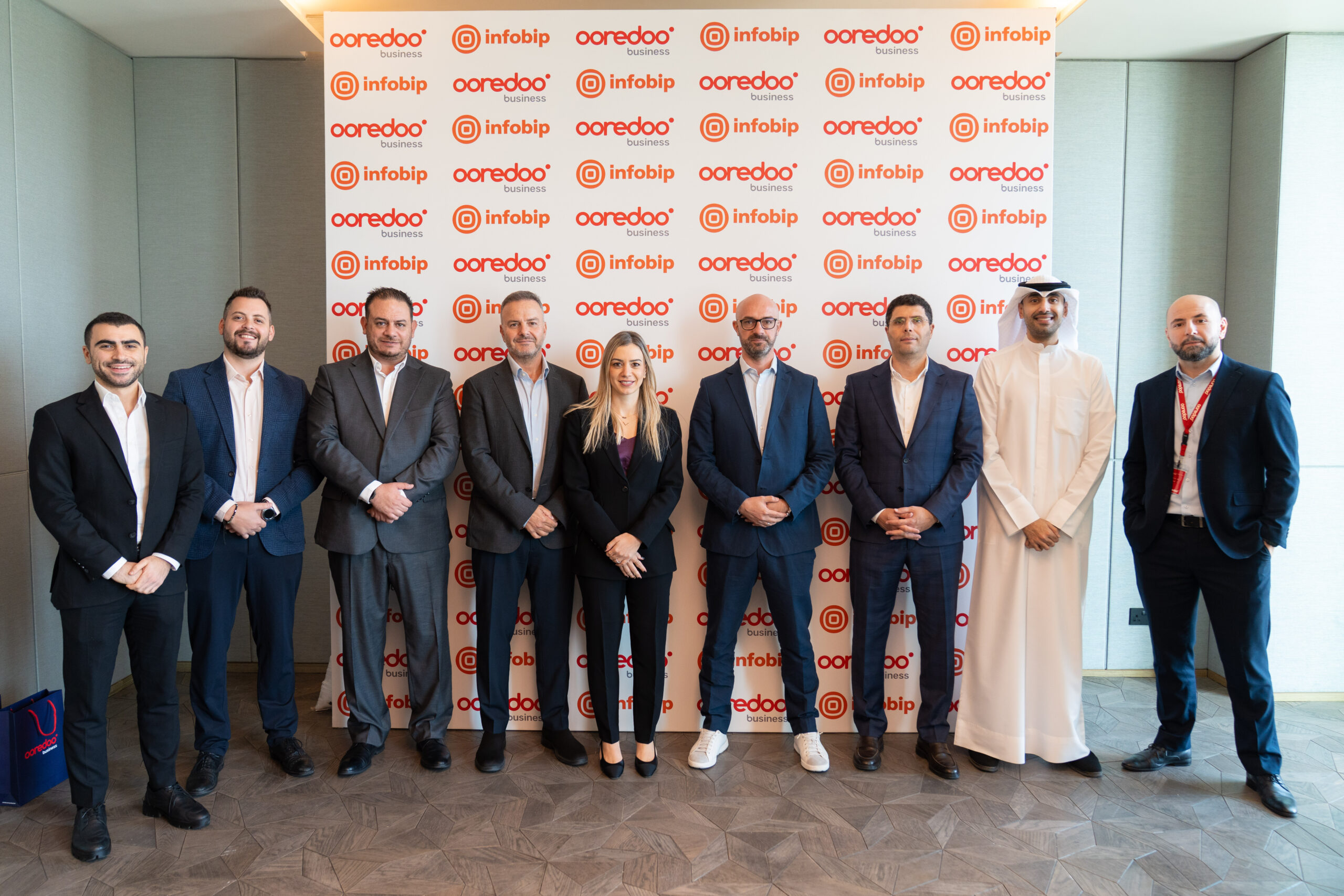AI Agent Adoption Expected to Surge 327% Globally by 2027

Salesforce’s latest research, which surveyed 200 global human resource executives, reveals that digital labour isn’t just a trend — it’s a business strategy revolution. With AI agent adoption expected to surge by 327% over the next two years, delivering a productivity gain of 30%, HR leaders are reimagining how organisations structure and skill their workforce. The findings show that CHROs anticipate redeploying nearly a quarter of their workforce worldwide as digital labour becomes a core part of business operations.
The study also highlighted a growing emphasis on AI reskilling programmes. More than four in five HR leaders are already reskilling, or planning to reskill, their employees to remain competitive in a market shaped by AI agents. Most also agree that soft skills — such as relationship building and collaboration — will become even more important as humans increasingly work alongside agents.
Why it matters:
HR leaders broadly agree that within the next five years, the workforce will comprise both humans and AI agents. Yet, 85% say their organisations have yet to implement agentic AI, and 73% report that employees don’t currently understand how digital labour will impact their roles. As agentic AI reshapes the workplace — and the skills required to succeed — understanding how HR leaders are maintaining organisational resilience has never been more crucial.
Salesforce perspective:
“We’re in the midst of a once-in-a-lifetime transformation of work with digital labour, unlocking new levels of productivity, autonomy and agency at a pace never previously imagined,” stated Nathalie Scardino, President and Chief People Officer at Salesforce. “Every industry must redesign roles, reskill and redeploy talent — and every employee will need to develop new human, agent and business skills to thrive in the digital labour revolution.”
Customer perspective:
“The survey indicates that today’s generation of leaders will be the last to manage workforces made up solely of humans,” said Greg Shewmaker, CEO of r.Potential. “Business leaders are under mounting pressure to guide their organisations through rising uncertainty and complexity. We’ve reached a pivotal moment for the future of work, where AI adoption must be embraced with a clear framework for human–AI agent collaboration.”
By the numbers:
HR leaders believe digital labour is the future, and its integration is essential to their role
-
80% believe that within five years, most workforces will see humans and AI agents/digital labour working together.
-
86% of CHROs say integrating digital labour alongside the existing workforce will become a critical aspect of their job.
-
CHROs forecast a 327% increase in agent adoption within their organisations by 2027 (rising from 15% today to 64% within two years).
-
Once agentic AI is fully in place, CHROs anticipate an average employee productivity increase of 30%, alongside a 19% reduction in labour costs — equating to US$11,064 per employee, based on average annual wages according to the OECD.
CHROs plan to reskill and redeploy employees to work alongside agents
-
77% believe AI agents/digital labour will reshape their organisational structures.
-
89% say digital labour will enable them to move employees into new, more relevant roles.
-
61% expect their current workforce to stay in their roles while working alongside digital labour.
-
Nearly a quarter (23%) of the workforce is anticipated to be redeployed to new roles or teams.
-
88% believe redeployment is more cost-effective than external recruitment for newly created positions.
-
81% of CHROs are either already reskilling (20%) or planning to reskill (61%) employees for roles offering stronger future opportunities.
With 85% of businesses yet to implement agentic AI, CHROs are prioritising near-term AI initiatives — particularly in IT and research & development
-
CHROs predict growth in IT, research & development, and sales teams as AI adoption progresses.
-
Plans are in place to reassign employees into technical roles such as data scientists or technical architects.
-
AI literacy is viewed as the single most important skill for the future workforce, as businesses transition into the agentic economy.
As digital labour strategies take shape, soft skills and relationship-focused roles will gain greater value
-
75% of CHROs say AI agents will increase demand for soft skills within their organisation.
-
Many also plan to reassign employees to relationship-focused roles (ranked #2 in priority), such as partnerships and account management, noting that collaboration and adaptability will be key in the agentic economy.
-
Operational, customer service, and finance teams are expected to reduce in size, with some redeployment enabled by the efficiency gains of AI agents.
Despite the urgency of digital labour adoption, many HR leaders are still in the early stages of workforce preparation
-
Only 15% of CHROs say their organisation has fully implemented agentic AI.
-
73% report that employees remain unaware of how AI agents will affect their work.








